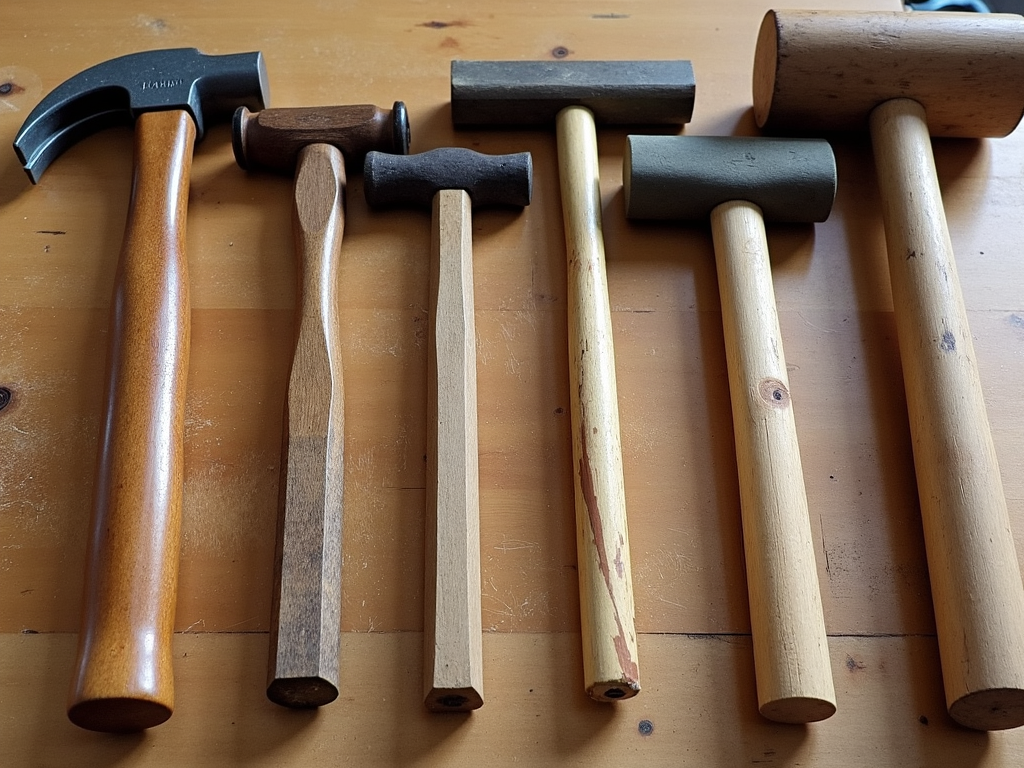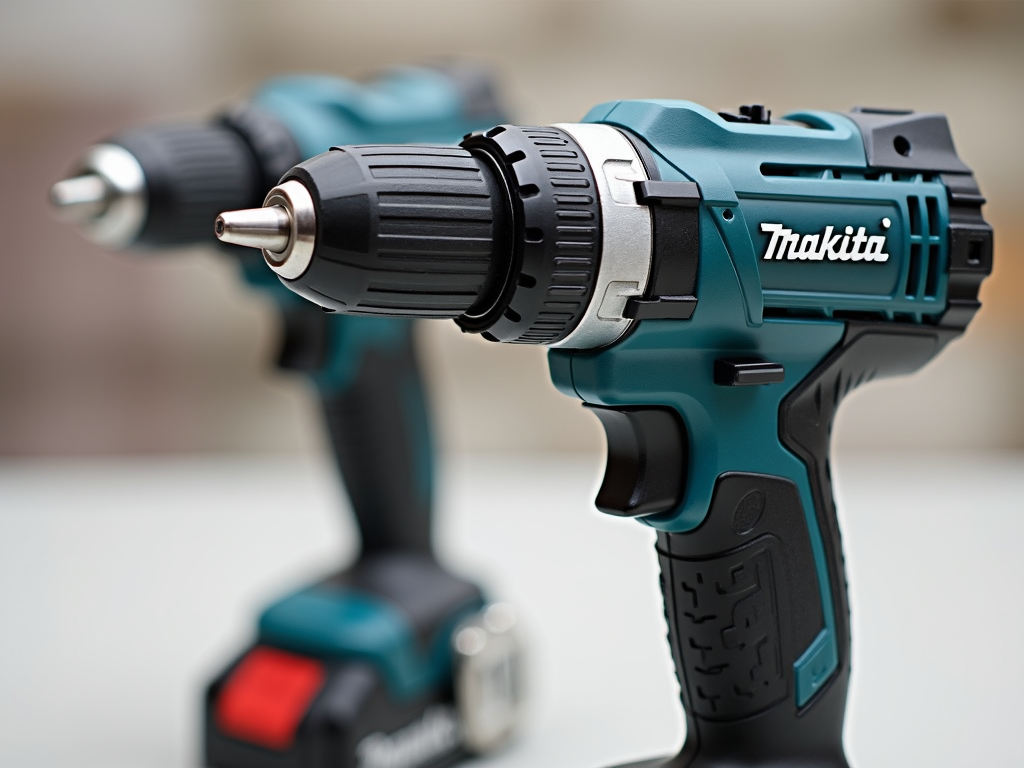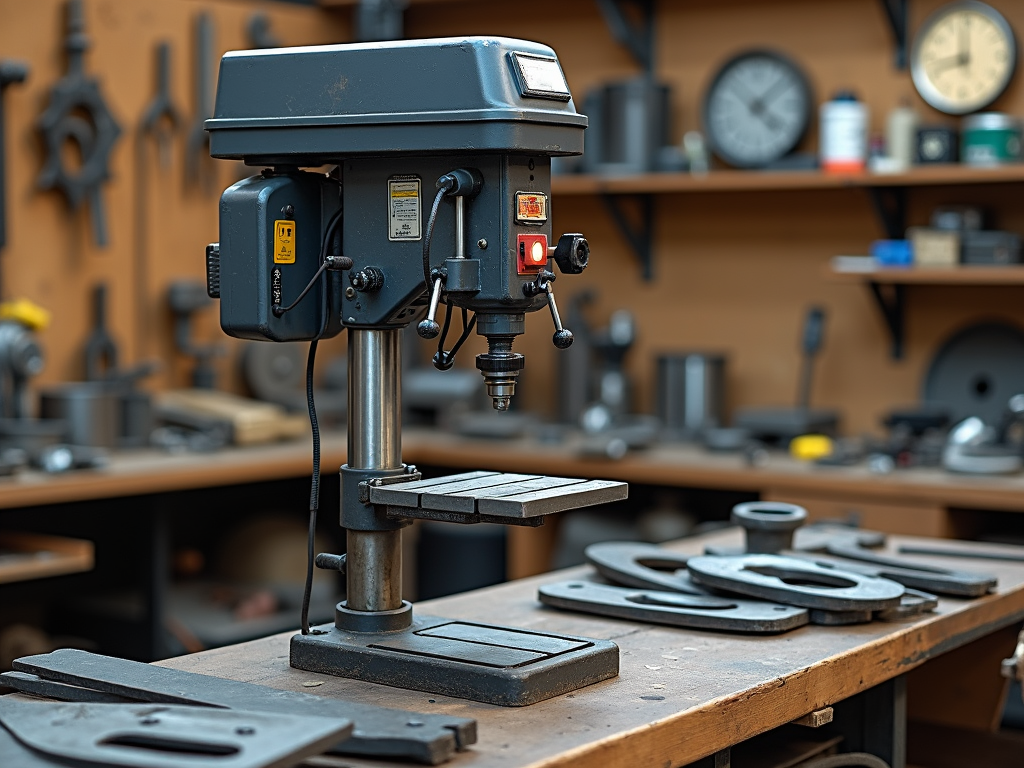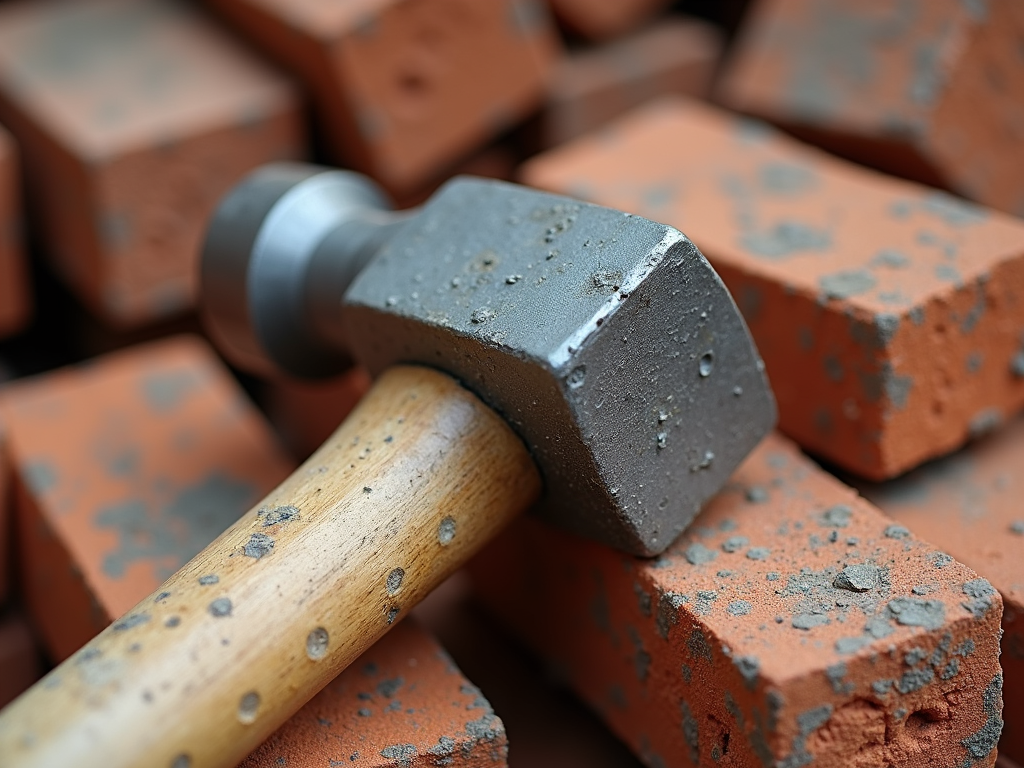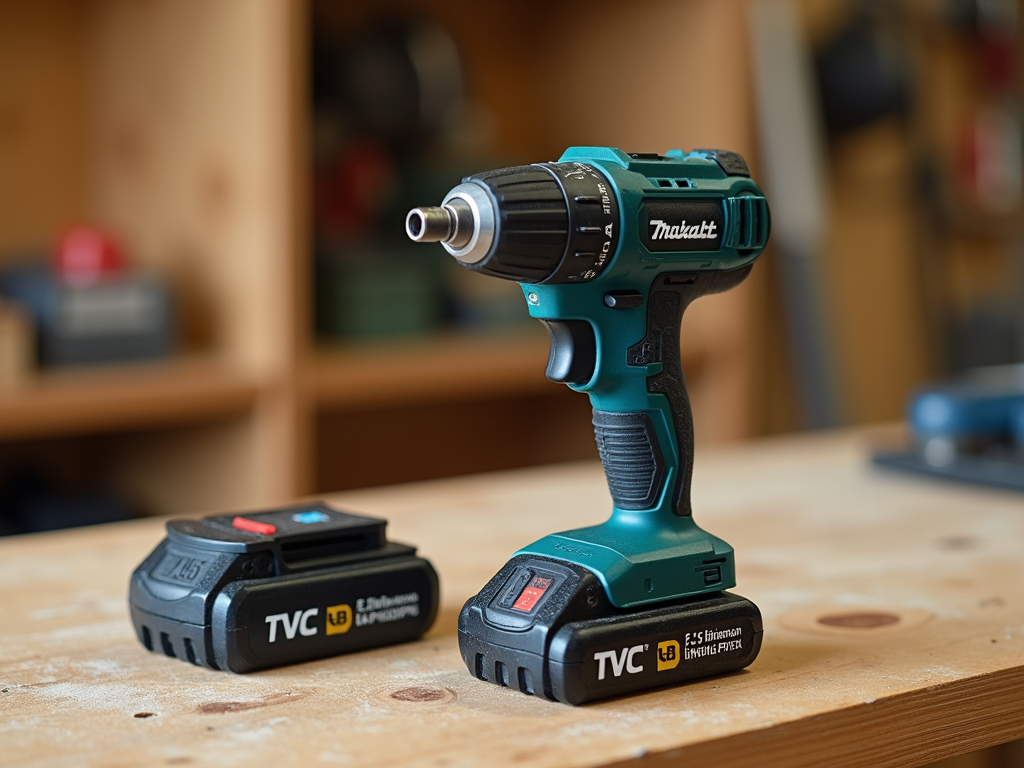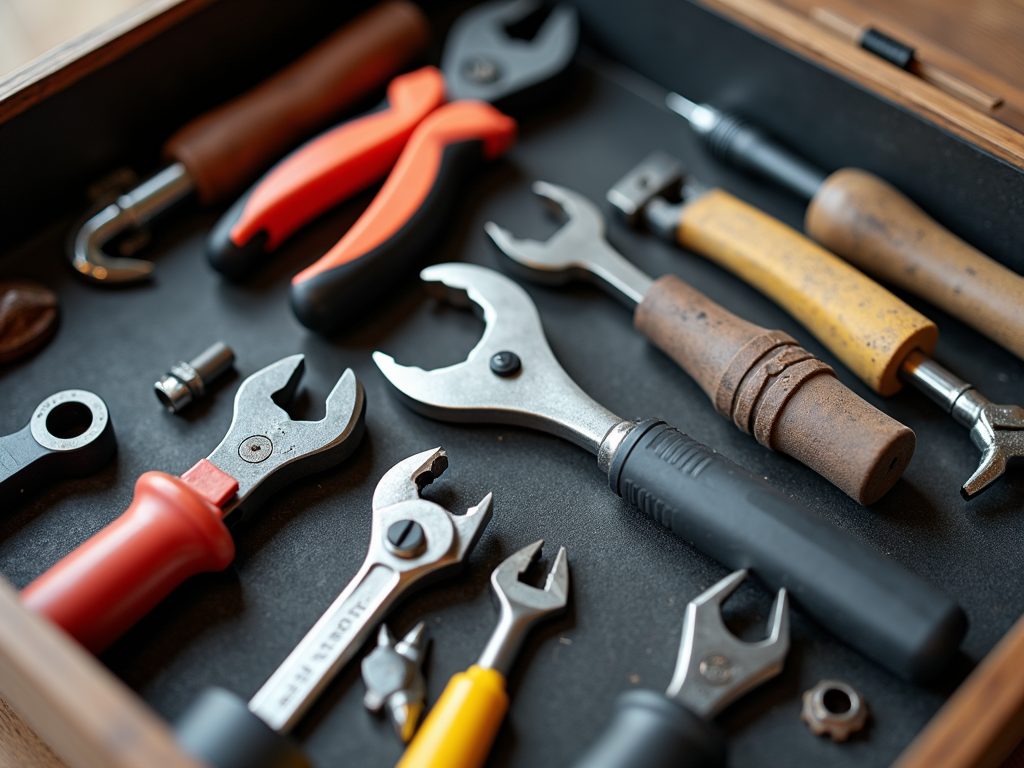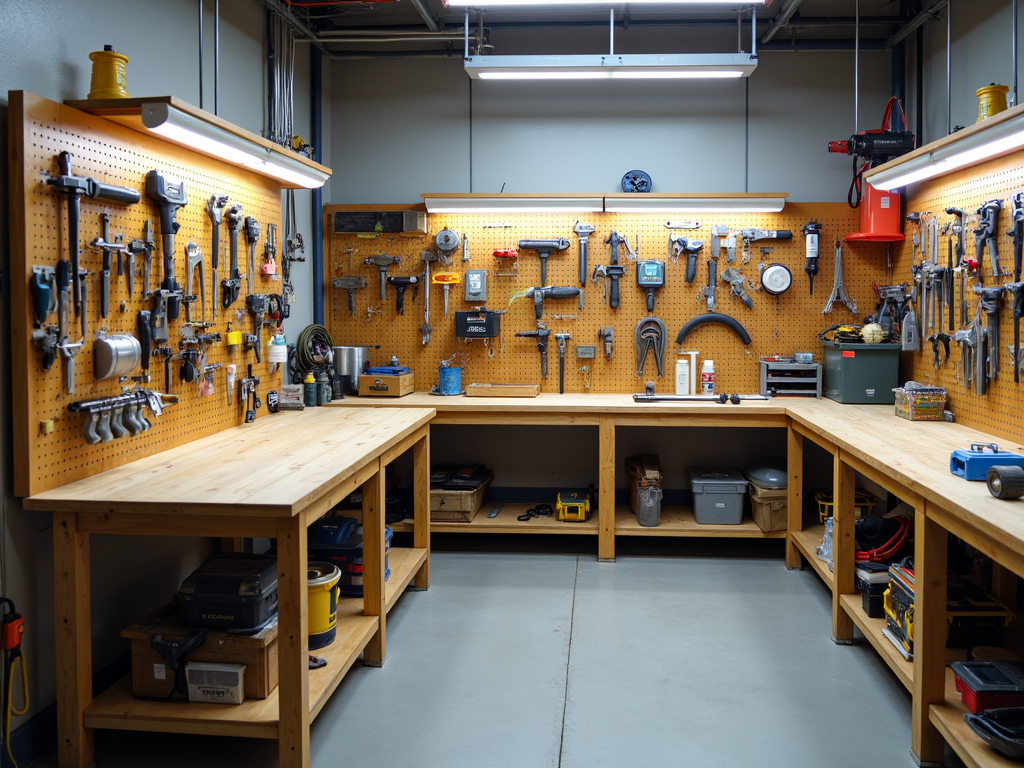Hand tools are the backbone of any workshop, and proper maintenance is crucial for their longevity and performance. In this article, we'll explore essential maintenance tips that every workman should know. From cleaning and storage to lubrication and regular inspection, these tips will help you keep your tools in top condition.
Cleaning Your Hand Tools
Regular cleaning is the first step in maintaining your hand tools. Dirt, grease, and debris can accumulate on your tools, affecting their performance and lifespan. Here are some tips for keeping your tools clean:
- Wipe down your tools after each use with a clean, dry cloth to remove any dirt or moisture.
- For tools with moving parts, such as pliers or wrenches, use a small brush to remove debris from crevices.
- If your tools are particularly dirty, you can use a mild detergent and water to clean them. Be sure to dry them thoroughly afterward to prevent rust.
- For metal tools, consider using a rust remover or a mixture of vinegar and water to remove any rust spots.
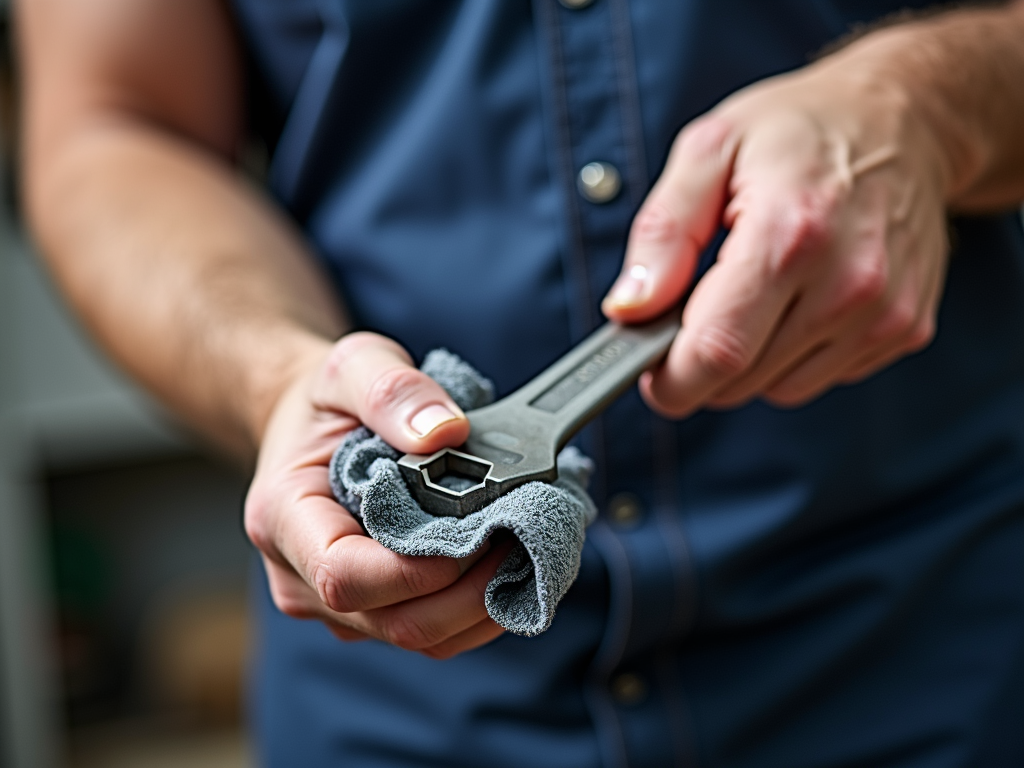
Proper Storage Solutions
How you store your hand tools can significantly impact their condition. Proper storage not only keeps your tools organized but also protects them from damage and corrosion. Here are some storage tips:
- Use a toolbox or a tool chest with compartments to keep your tools organized and easily accessible.
- Consider using foam inserts or tool rolls to protect your tools from scratches and dents.
- Hang larger tools, such as hammers or saws, on a pegboard to keep them off the floor and prevent damage.
- Store your tools in a dry, cool place to prevent rust and corrosion.

Lubrication and Maintenance of Moving Parts
Many hand tools have moving parts that require regular lubrication to function smoothly. Here's how to maintain these parts:
- Use a light machine oil or a specialized tool lubricant to lubricate moving parts such as hinges, joints, and blades.
- Apply a small amount of lubricant to the moving parts and work them back and forth to distribute the oil evenly.
- Wipe off any excess lubricant to prevent it from attracting dirt and debris.
- Regularly inspect the moving parts for wear and tear, and replace any worn-out components as needed.
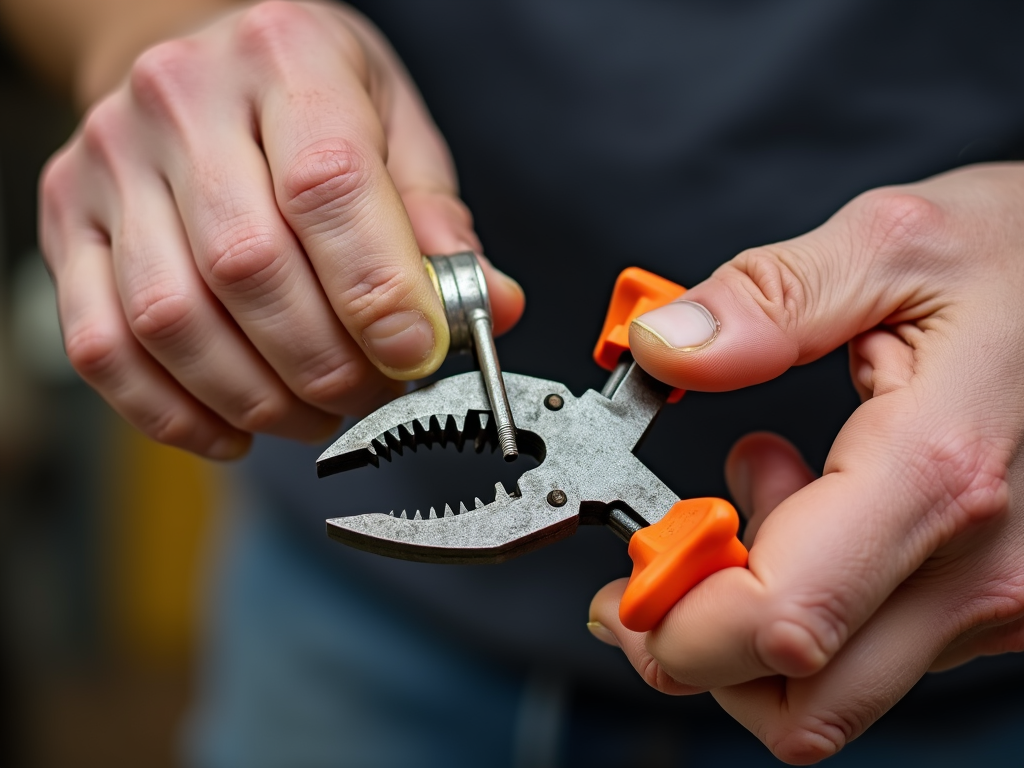
Regular Inspection and Maintenance
Regular inspection is key to catching any issues with your hand tools before they become major problems. Here are some tips for inspecting and maintaining your tools:
- Check for any signs of wear, such as cracks, chips, or bent handles.
- Inspect the cutting edges of tools like chisels or planes for dullness or damage.
- Test the functionality of tools with moving parts to ensure they operate smoothly.
- Sharpen cutting tools as needed to maintain their effectiveness.
- Replace any tools that are beyond repair to ensure safety and efficiency.
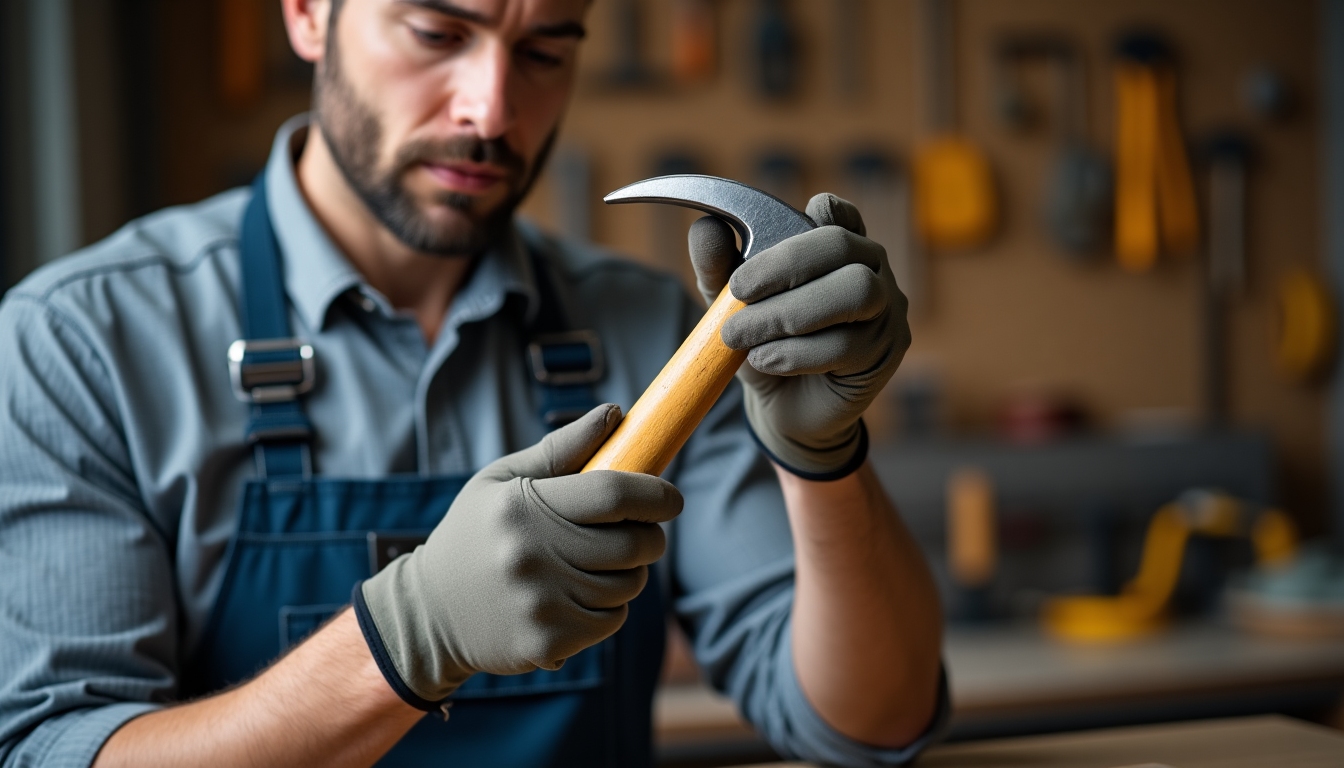
Using the Right Tool for the Job
One of the best ways to maintain your hand tools is to use them for their intended purpose. Using the wrong tool for a job can lead to damage and wear. Here are some tips:
- Always use the correct size and type of tool for the task at hand.
- Avoid using tools for purposes they weren't designed for, such as using a screwdriver as a pry bar.
- Invest in high-quality tools that are designed to last and perform well.
- Educate yourself on the proper use of each tool to prevent misuse.
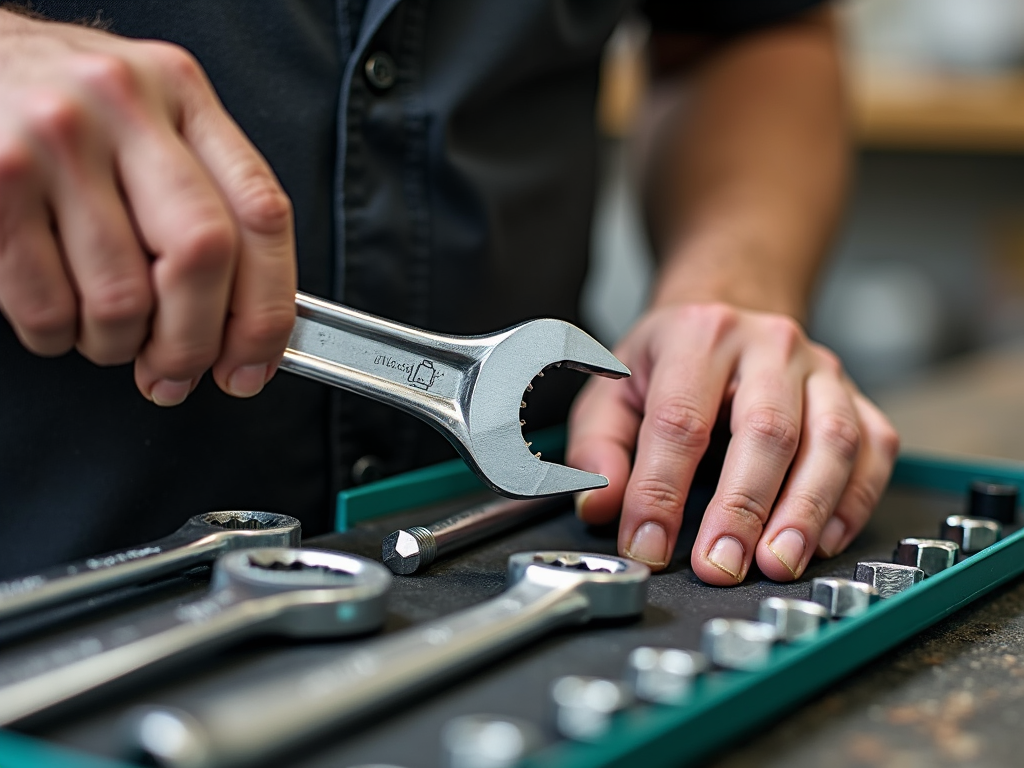
Summary
Maintaining your hand tools is essential for their longevity and performance. By following these tips for cleaning, storage, lubrication, inspection, and proper use, you can ensure that your tools remain in top condition for years to come. Remember, a well-maintained tool is a safe and efficient tool.
Related hand tools maintenance tips:
- Essential DIY Safety Tips for Beginners: A Comprehensive Guide
- Mastering Automation: A Deep Dive into Advanced Electrical Tools
- Choosing the Perfect Hammer for Every Job: A Comprehensive Guide
- Top Innovative Electrical Tools for 2023: A Comprehensive Guide
- The Ultimate Guide to Safety Gear for Construction Workers
- Mastering the Drill Press: Techniques for Better Precision
- How to Prep Your Room for a Perfect Paint Job
- Essential Construction Tools for Masonry Work: A Comprehensive Guide
- How to Choose the Right Power Drill for Your Projects
- Tool Care Basics: Essential Tips to Keep Your Gear Like New
- Top 10 Must-Have Tools for Every Workshop
- A Beginner's Guide to Workman Tools: Essentials, Toolboxes, and Safety Tips


